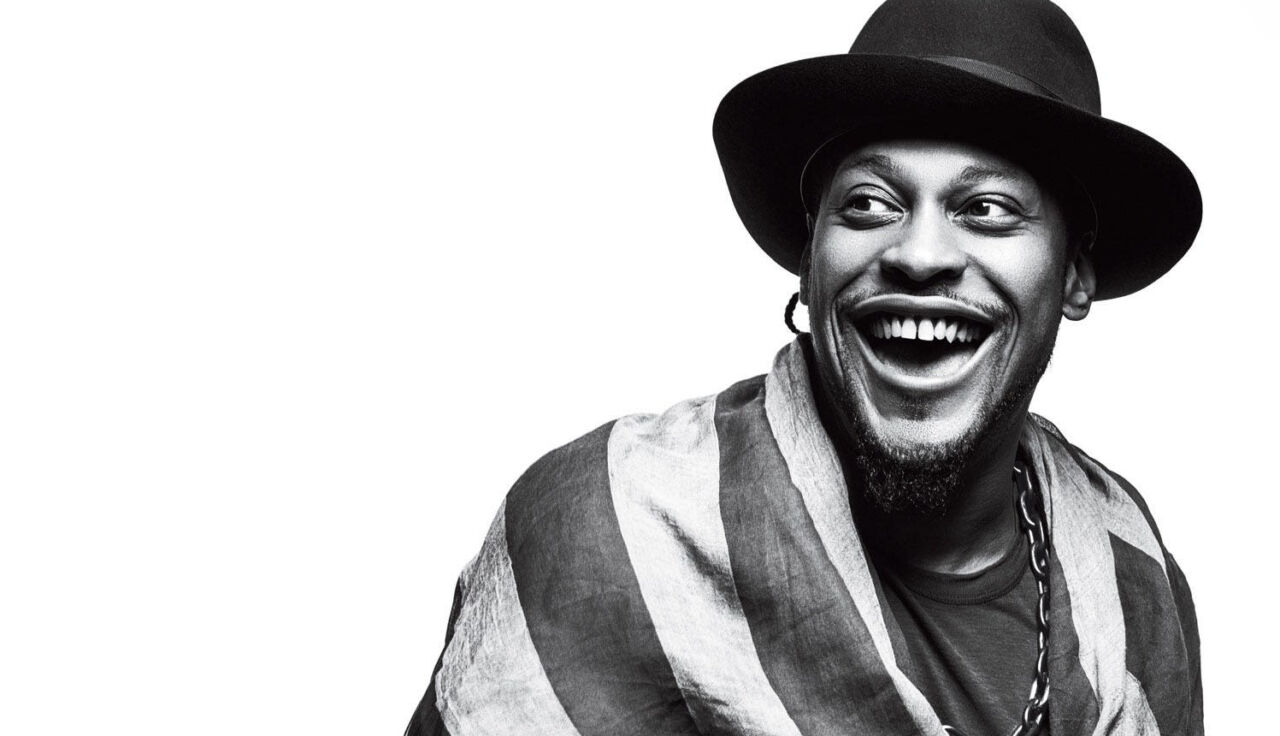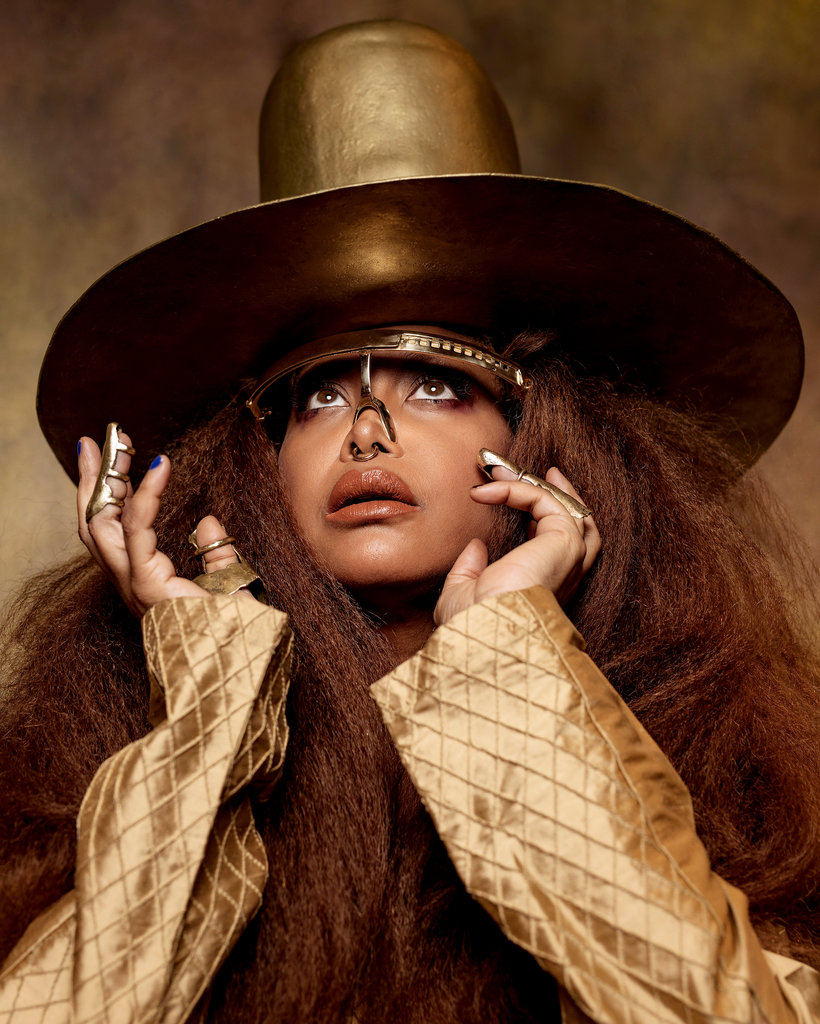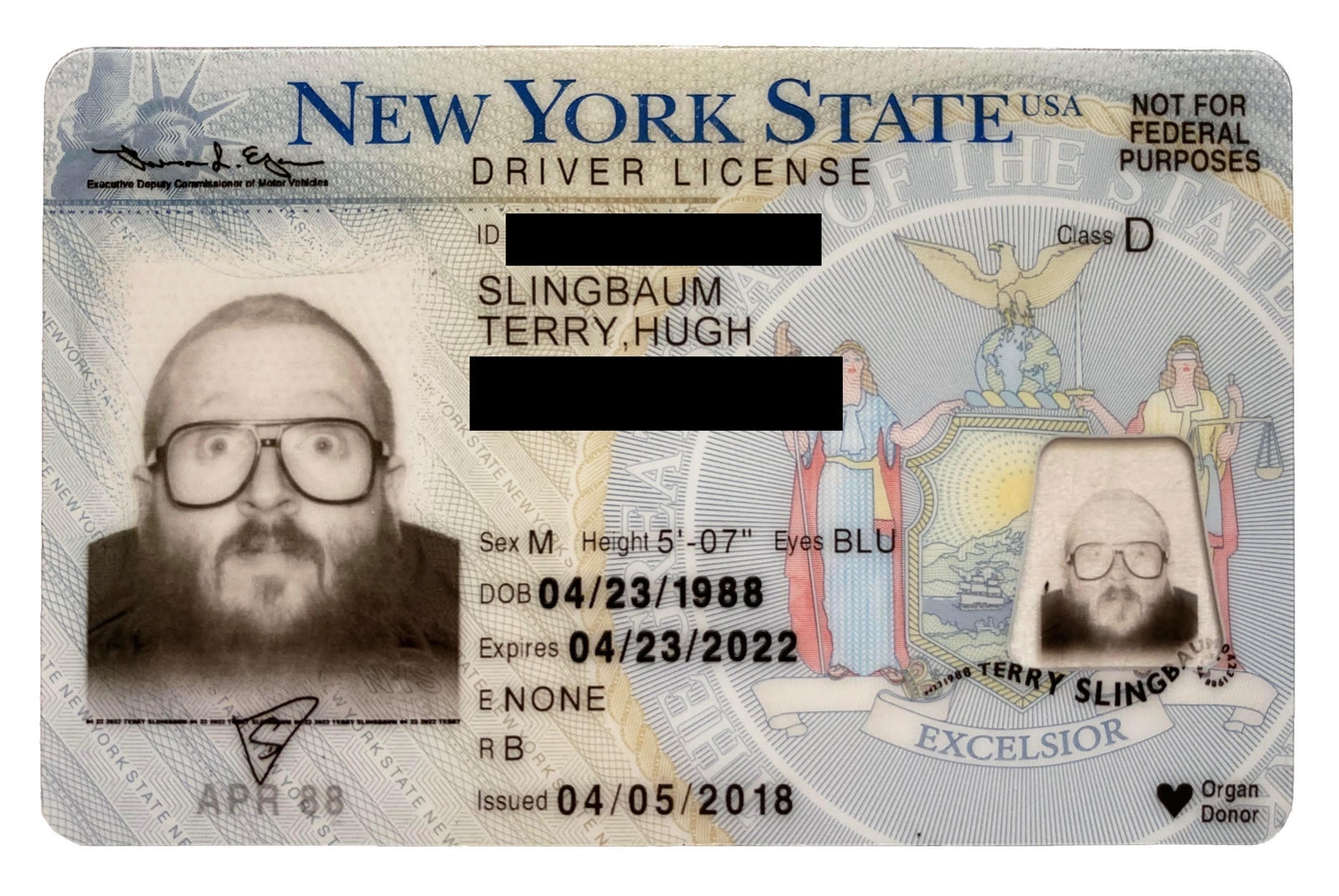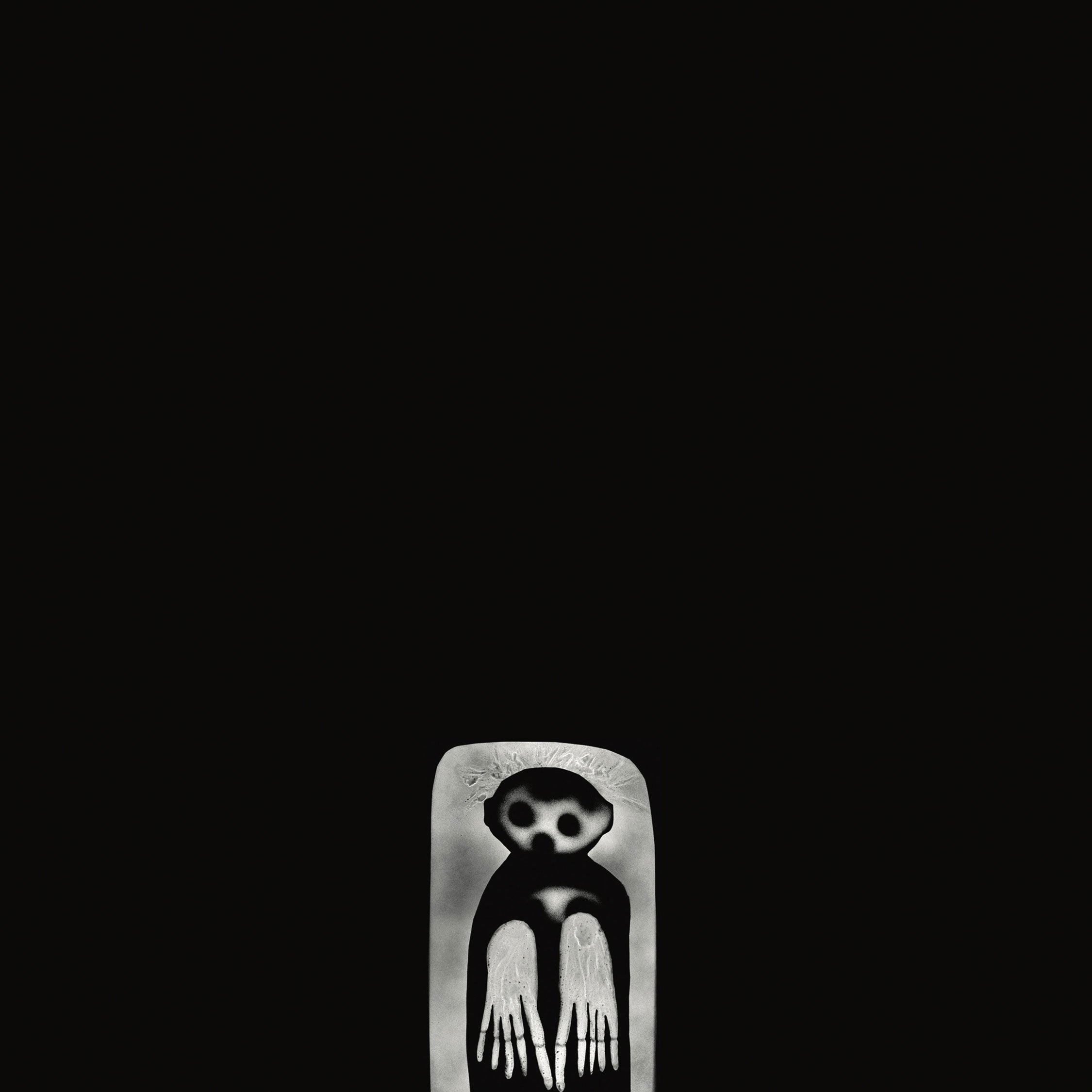THE SLINGBAUM MYSTERY
Fascinating: D'Angelo, Erykah Badu, fka twigs+


The ad popped up on my Instagram feed in January. Slingbaum, a musician I wasn’t familiar with, was taking pre-orders for his first album, a limited, vinyl-only release called Slingbaum One, due out in the spring. The cover had only a surreal image by avant-garde photographer Roger Ballen.
“Today I humbly present my first record,” said the text beneath the image. “This is the result of years of work shared with the individuals listed with whom it was the greatest pleasure of my life to work with.”
Among the nearly forty listed artists were some of the most acclaimed musicians globally, including FKA twigs, D’Angelo, Erykah Badu, Questlove, Blur frontman Damon Albarn, Bilal, Syd, Marcus Strickland, and most intriguingly, jazz icons Ahmad Jamal and Ron Carter.

“We are selling this record once in this short presale window,” the text continued, “and we have no plans to sell it beyond this window or make it available digital to stream.” At $40, the album wasn’t cheap, especially considering it had only three tracks and clocked in at just under 16 minutes. I did some Googling and found virtually nothing about him, other than that he was a jazz musician and composer with a couple of recording credits to his name. But still, he’s got something going for him seeing how he assembled a fantastic group of collaborators.
The pandemic pushed the initial release date to September, but in late May, I received an email containing a code for downloading the music. Because my vinyl addiction runs deep, I resisted. I’d wait for the hard copy. In the interim, I did a little more research. I didn’t find much more, other than a photo of a driver’s license belonging to Terry Slingbaum that Pitchfork managed to get from a publicist. However, an interesting reveal was that many of the musicians’ contributions were recorded individually, some dating back to 2015. In other words, Slingbaum One was not a traditional recording, made in a few days in a studio, but a composite that was assembled piecemeal over five years. Pitchfork reached out to several of the artists on the album and got no response from many of them. Thus, the mystery of how Slingbaum got all of them to participate remains unsolved.

The album finally arrived. The first track, Behoove, opens with a thick, haunting drone of keyboards, mellotrons, and synthesizers, reminiscent of the ominous music in 2001: A Space Odyssey when the monolith appears. An abrupt cut takes us into an odd-metered, electronica groove with Badu’s vocals on top. Some lythe strums of a guitar take us into Strangers, featuring twigs and Malian vocalist Oumou Sangaré. Strangers has a mellow, pleasing lilt to it, and serves as a come-down after the harsh, anger-laden Behoove. The drone returns and leads us into Morphine, the final track, with Damon Albon’s vocals up-front, backed by Bilal and Syd. The three songs are more like thematically linked movements than stand-alone tracks, as each one offers a different take on the same rhythmic and harmonic progressions.

Part jazz, part neo-soul, part electronica, part alt, Slingbaum One is striking for its genre-blending experimentation and the incredible assemblage of people.

